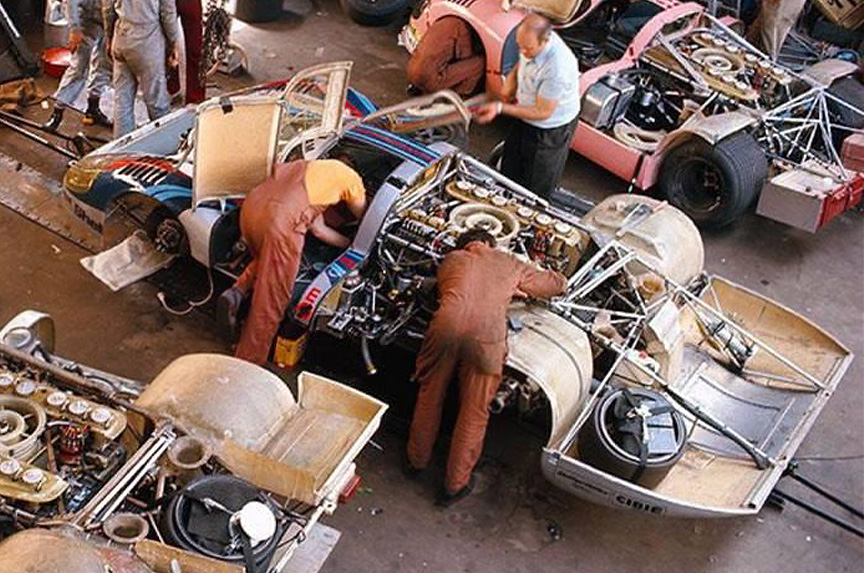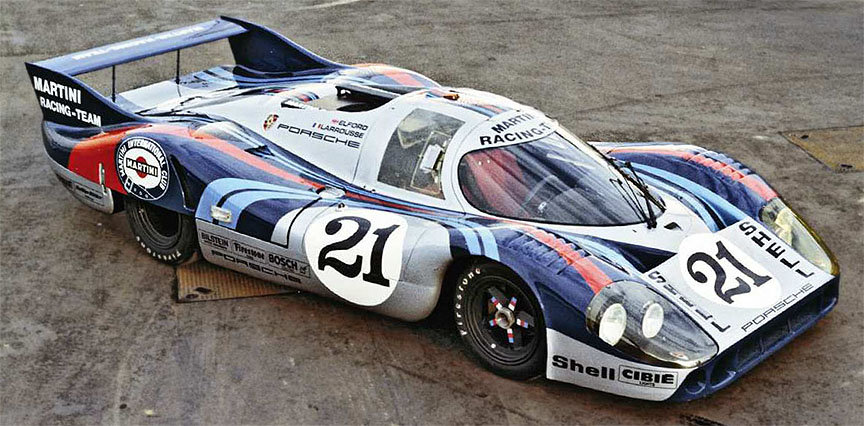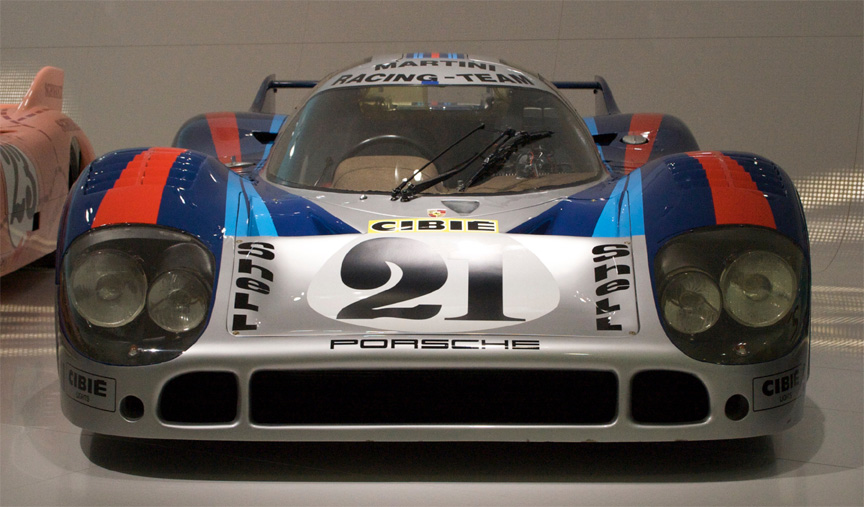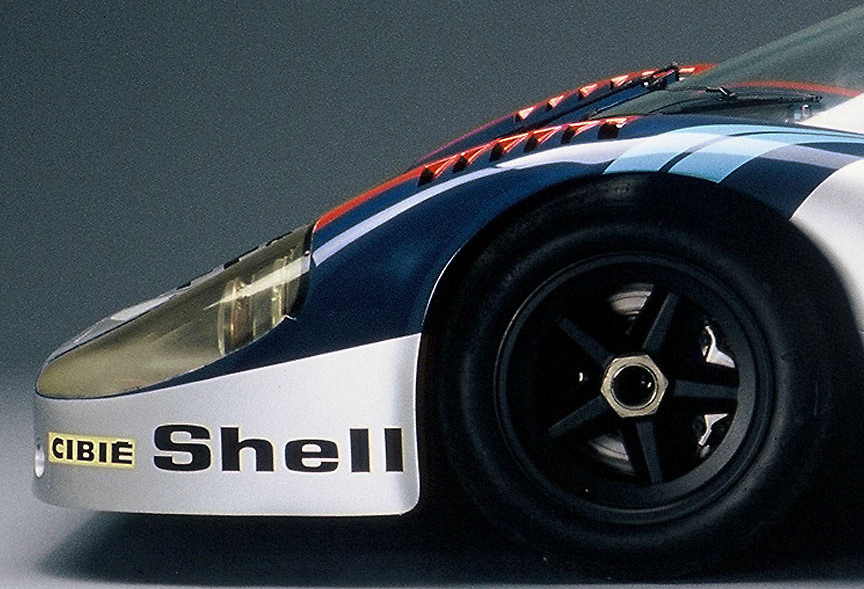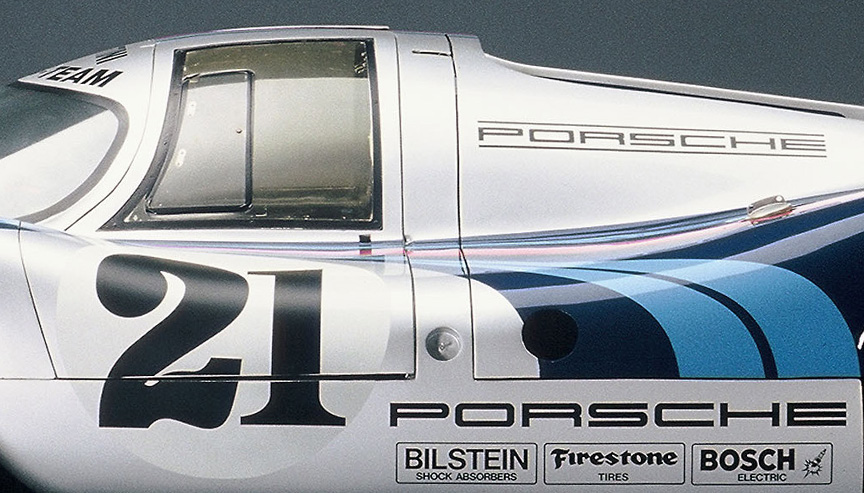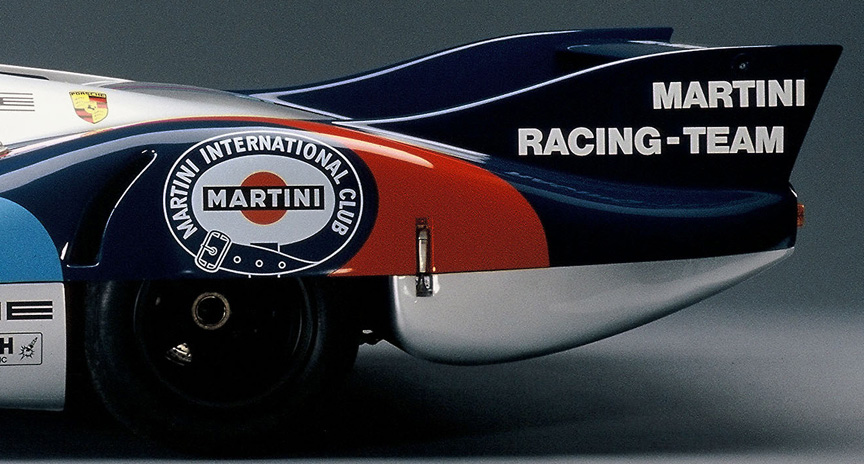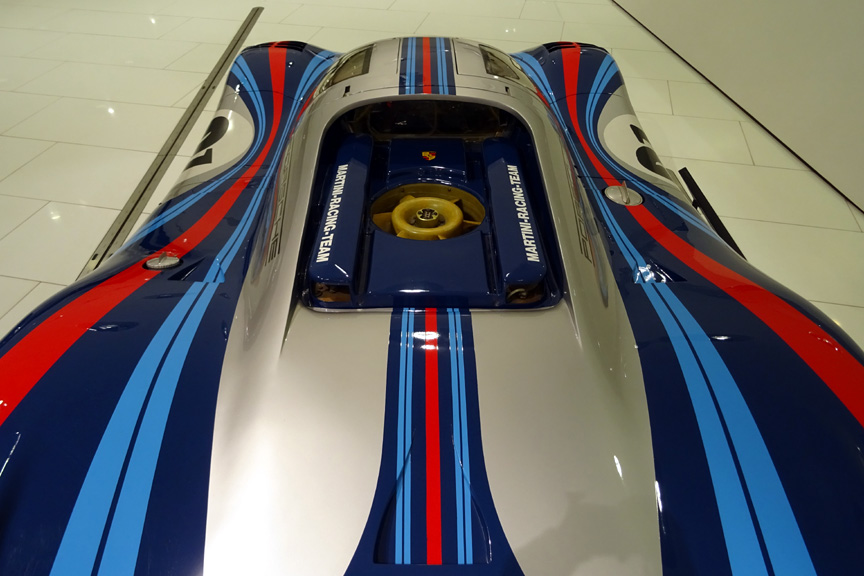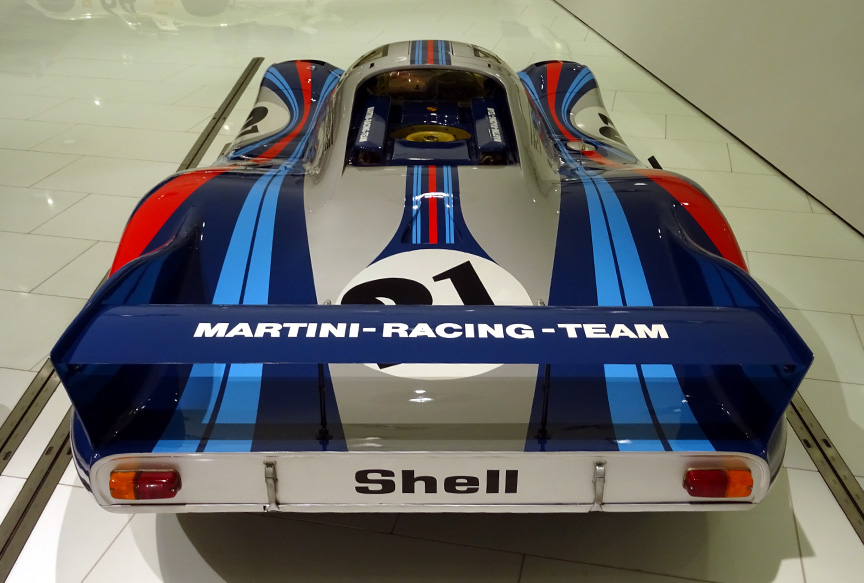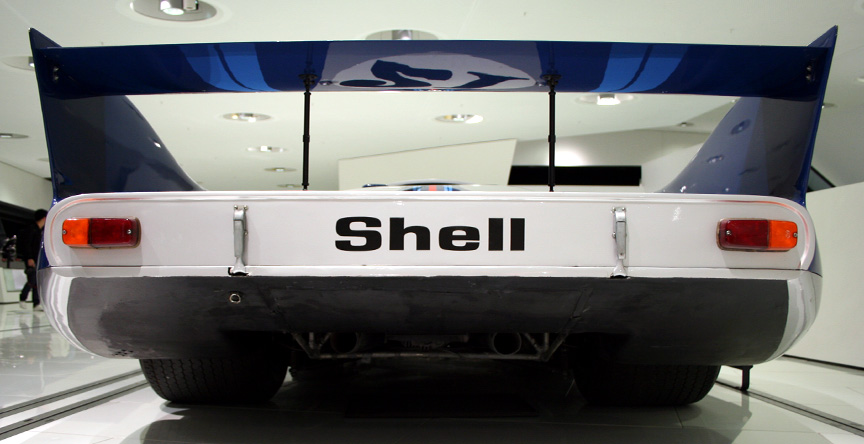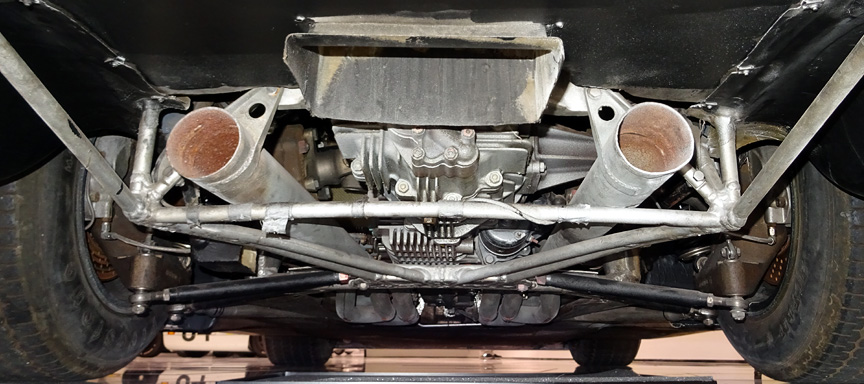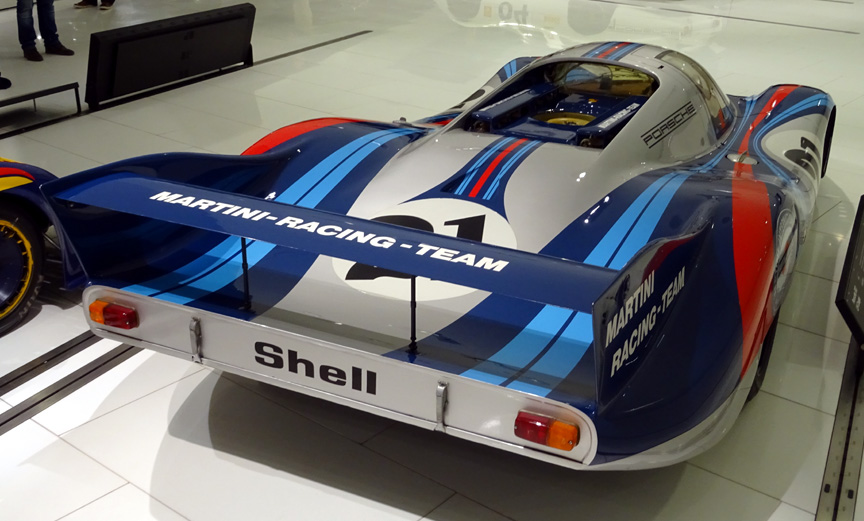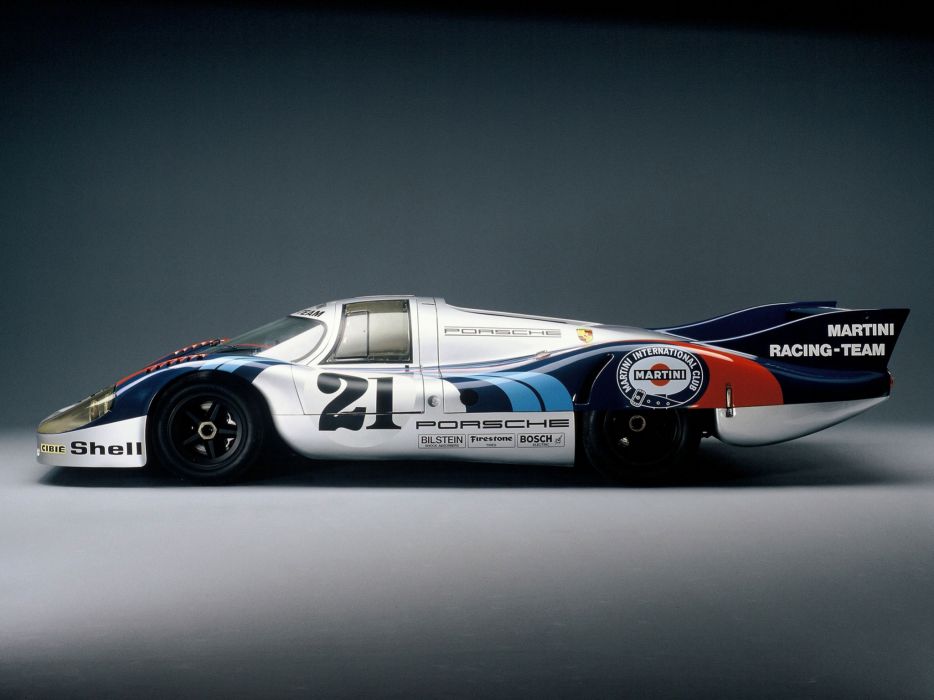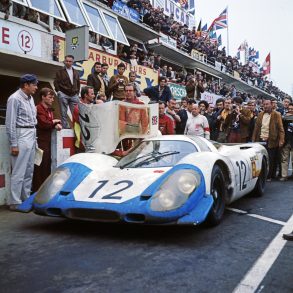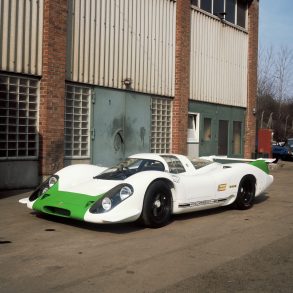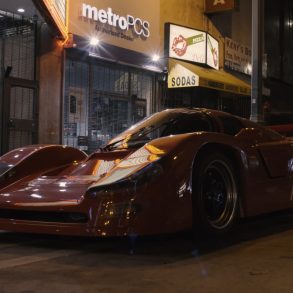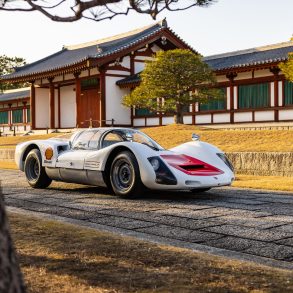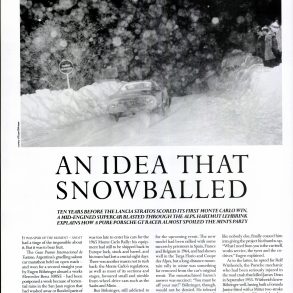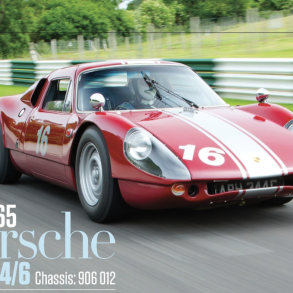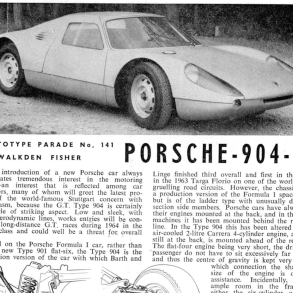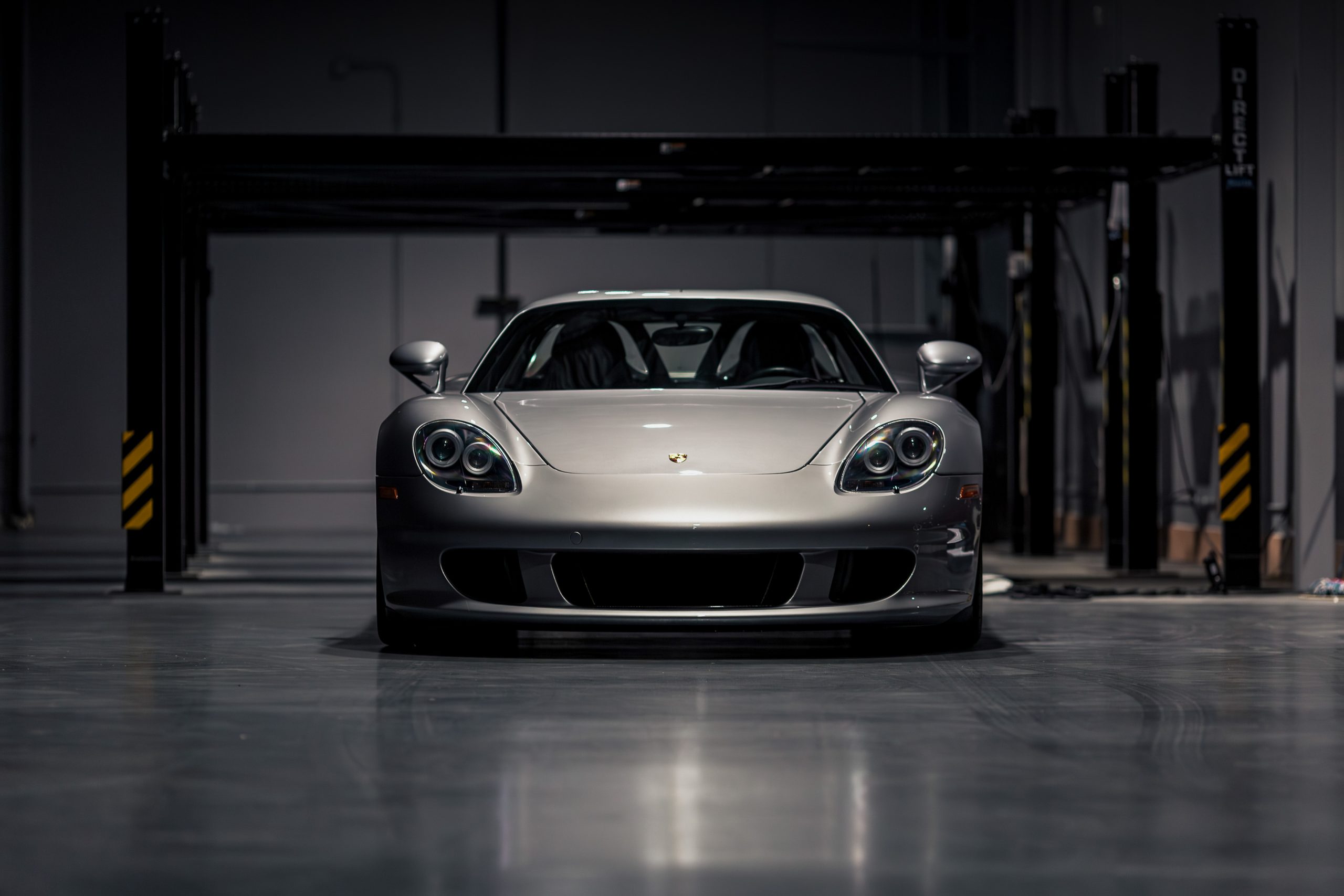Porsche 917 LH (1971)
1971 Porsche 917 “Langheck” (Long Tail)
Premiere: 1971 April 17 at Le Mans test day / Engine: 4.9 L Flat 12 / Power: 591 bhp / Torque: 404 ft lbs / Top Speed: 240 mph
Like the 917 LH of 1969 and 1970, the 1971 version was also made for one race only – the 24 hours of Le Mans. The 917 LH-70 had already proved that the body was excellent for Le Mans, so the aerodynamical modifications for 1971 were mild. The front was modified and the rear wheels were covered.
The 917 LH-70 that scored 2nd at the 1970 Le Mans 24H (chassis 917-043) was modified for the Le Mans 1971. No rest for the Le Mans hero – new aerodynamics, new livery… and back to the track. From “psychedelic” to Gulf baby blue. From Martini Racing to John Wyer team. The engine was also upgraded from 4.5 to 4.9 litres. At the Le Mans tests in April, the 917-043 was the only LH and therefore quite naturally the fastest car. For the race two more LH-71 were created. One of them was the 917-042 that had a 4.9-litre engine already in 1970 (was the fastest car in 1970, but the engine didn’t last). Third car, chassis 917-045, was a new car.
The 1971 was the year of records. In the Le Mans test, Jackie Oliver had turned a lap in 3:13.6 averaging 250.457 km/h (155 mph). Almost as fast was Pedro Rodriguez in qualifying with 3:13.9 and average speed of 250.069 km/h. Only in 1985 would Hans-Joachim Stuck manage to smash the 250 km/h average speed barrier again. In the pre-test, Derek Bell revs his 917 LH engine to 8100 rpm on the highest gear on the Hunaudieres straight.
Back in the pits, engineer Norbert Singer calculates the corresponding speed must have been 246 mph/396 km/h. In the race the longtail 917 LH was capable of doing 240 mph/386 km/h on the main straight. The qualification showed that the three LH-71 were the fastest cars. Qualification results: 1. 917-043 J. W. Automotive Engineering (Pedro Rodriguez/Jackie Oliver), 2. 917-042 Martini International Racing (Gérard Larrousse/Vic Elford), 3. 917-045 J. W. Automotive Engineering (Jo Siffert/Derek Bell). In the race, Jackie Oliver turned the fastest lap in 3:18.4 or 244.387 km/h (151 mph) record average speed that would only be exceeded 37 years later in 2008.
Unfortunately all three 917 LHs had to retire because of engine problems. It was the third year in a row that the special long tail Le Mans versions of the 917 were the fastest cars in qualification, but couldn’t last the 24 hour race. It’s a pity 1971 would be the last year the large-engined 917s are allowed to race in the Manufacturers’ World Championship and the 917 LH cannot win the Le Mans 24H, a prize that it deserved.
In Porsche’s Own Words
The 1971 Porsche 917 LH is almost synonymous with the exceptional Vic Elford and his race at Le Mans. In 1970, the British driver achieved the fastest practice time and is first to break the 240 km/h barrier. His average speed is 242.685 km/h, and in the race Elford hits 241.236 km/h to achieve the fastest lap of the race. However, on the Sunday morning, engine failure cuts short his race with teammate Kurt Ahrens.
One year later, Elford returns to race with Gérard Larrousse in the same car. After intensive wind tunnel testing resulting in the development of covered rear wheels, the right-hand kink at the end of the Mulsanne straight can now be taken at a full speed of 380 km/h.
On the Saturday evening, Larrousse and Elford break down with an overheated engine. This race is the last in Elford’s extremely successful five-year term as a Porsche works driver. His wins during this period include the Monte Carlo rally, the 24 hours of Daytona, the 12 hours of Sebring and the Targa Florio.
The Story In Pictures
